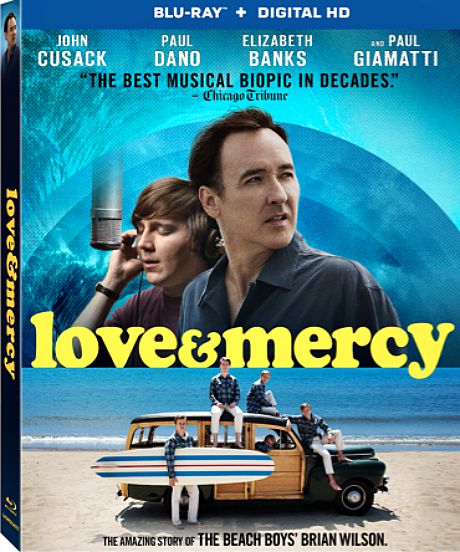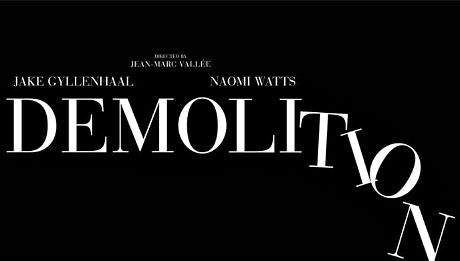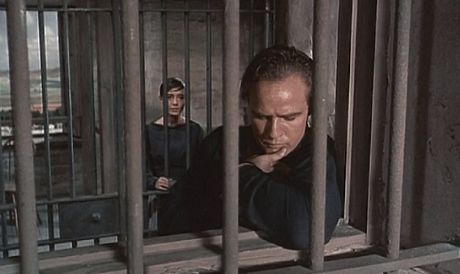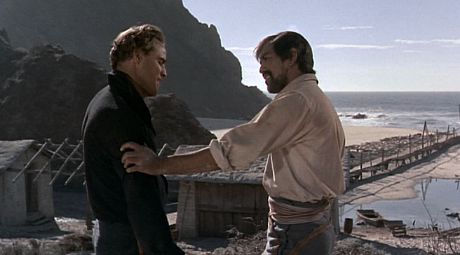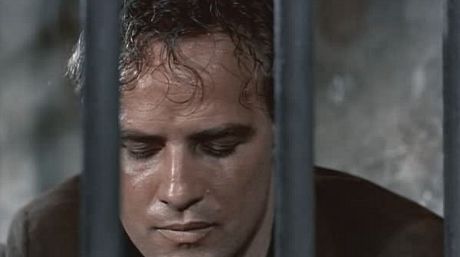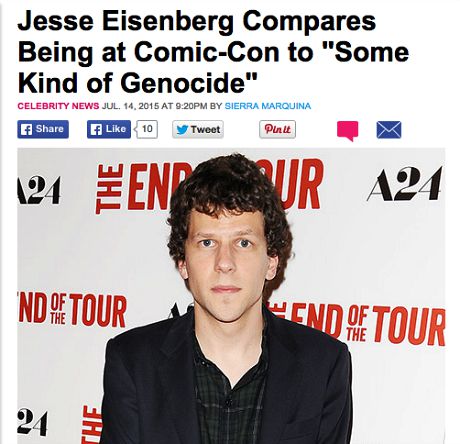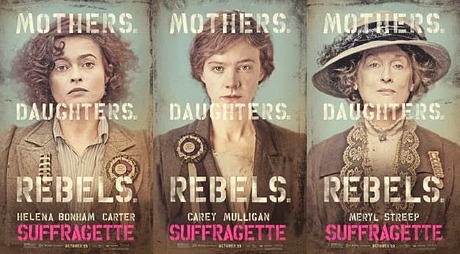Five and a half weeks after opening theatrically, Bill Pohlad‘s Love & Mercy has announced its home video & streaming plans. 40 days hence (8.25) it’ll be available on Digital HD (what does that mean exactly? Amazon or Vudu or what?). And then on 9.15 it’ll arrive on Bluray, DVD and On Demand. At least more people will catch it this way, and those Academy and guild members who still haven’t watched it will receive screeners in the mail. One way or another it’ll gradually sink in that (a) this is the leading token Best Picture contender from the indie ranks, (b) Paul Dano and John Cusack are the Bobbsie Twins of the 2015 Best Actor race, (c) Pohlad deserves an attaboy Best Director nom for transitioning so successfully to the DGA ranks, and (d) Oren Moverman‘s screenplay deserves a Best Original Screenplay nom. Really.
